
Managing Conflicts
¥24.43
This book is a practical resource to help leaders manage, resolve cnflicts and reconcile the parties involved. Essential skills to accomplish this goal are embedded in discussion of major concepts and descriptions of real life situations.
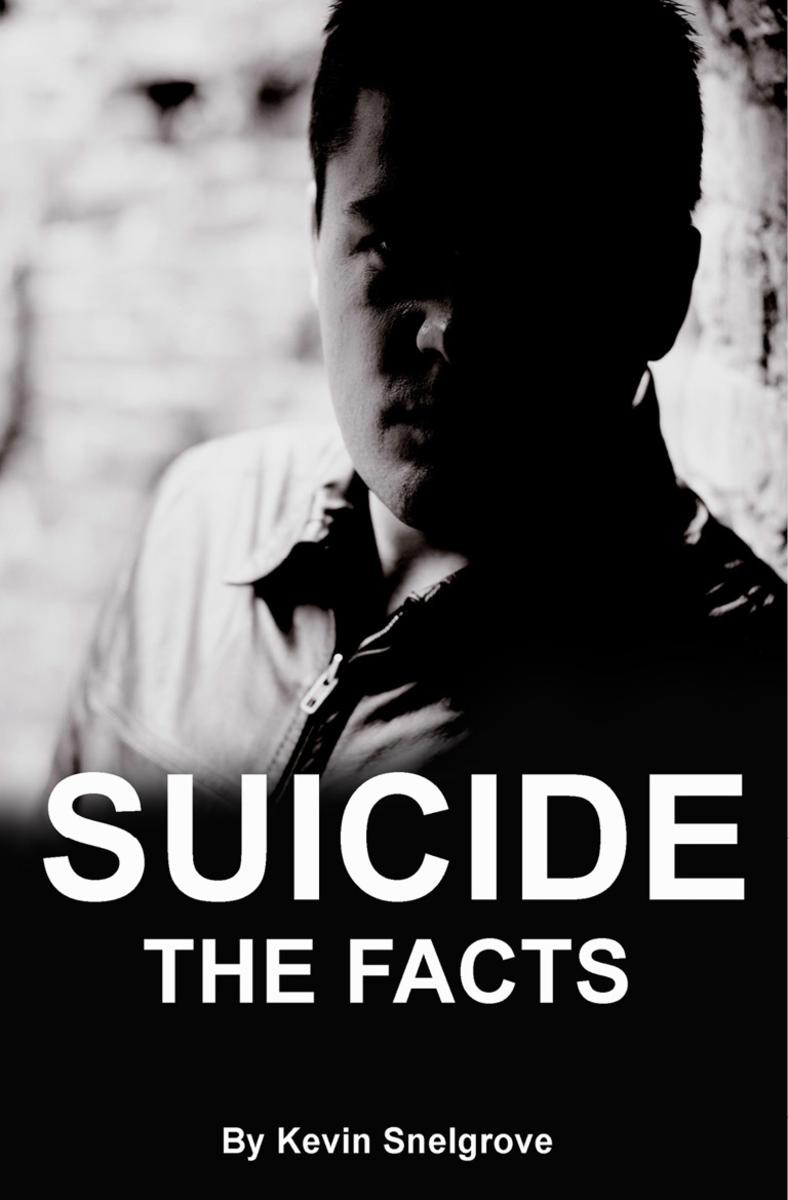
Suicide
¥19.52
When someone commits suicide it effects the people who care about them very deeply and it can be difficult for family and friends to understand what motivated their loved one to take their own life. This new book sets out the facts about suicide in a straightforward way in order to help people who are trying to come to terms with their loss or are close to someone experiencing suicidal thoughts. Written by someone who has experienced the pain of someone close committing suicide, this sympathetic book aims to support those struggling to find understanding. Suicide: The Facts contains 101 points about the reasons why people might chose to take their own life, the signs to look out for and how to cope. Did you know that one in ten adolescents think about suicide? Are you aware that suicidal feelings are often treatable and that attempting suicide can be a cry for help? If you, or someone you know, has been affected by suicide this book is a good starting point in finding the support you need.
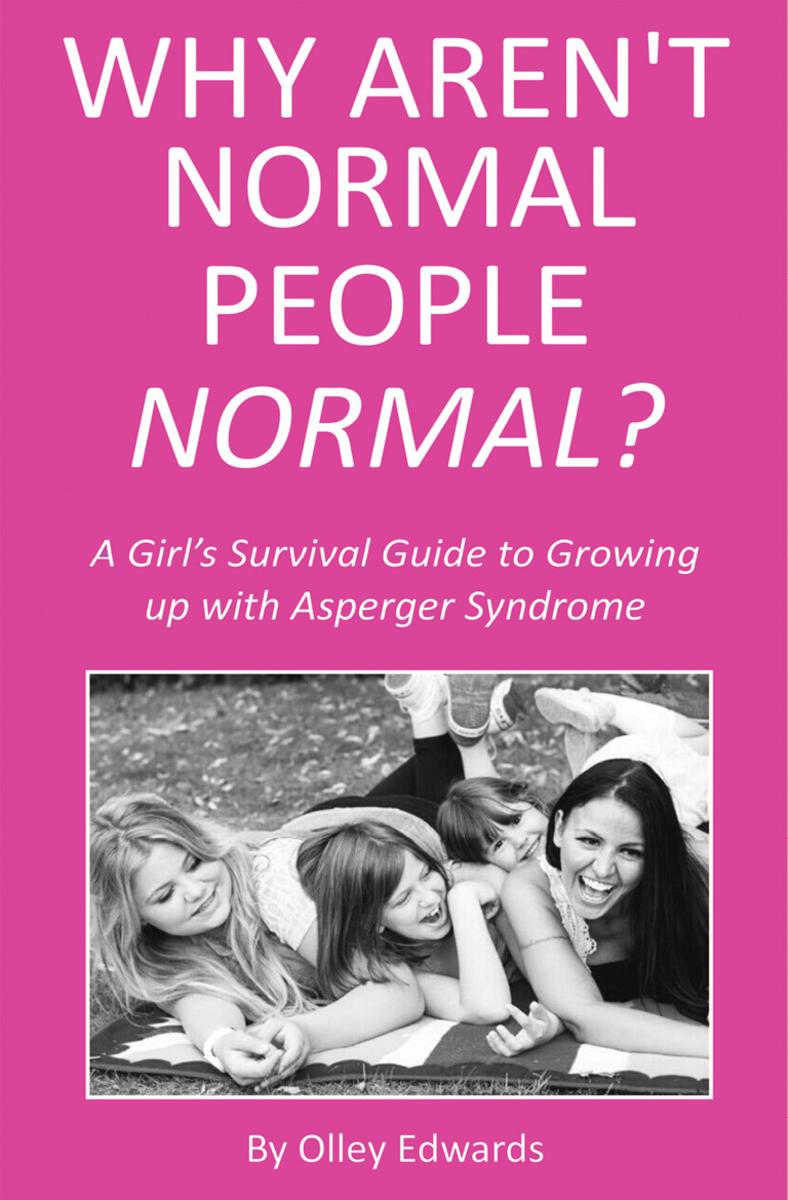
Why Aren't Normal People Normal?
¥29.33
Asperger syndrome is a form of autism affecting an individual's ability to understand, communicate and interact with other people. As it is often not obvious from their outward appearance that someone has Asperger syndrome, people do not always realise that they are different, leading to confusion on both sides.This new book by Olley Edwards, who has herself grown up with Asperger syndrome, aims to help Asperger girls gain a better understanding of their condition and take control of their lives to become more effective and happy individuals - without changing who they are.Why Aren't Normal People Normal? explains the difficulties that girls with Asperger syndrome may encounter and gives practical suggestions for coping with everyday situations. This is a much-needed, practical, self-help book written by someone who has first-hand experience of trying to co-exist with 'normal' people. This book is for anyone with Asperger syndrome and all the many as yet undiagnosed girls who are feeling socially isolated and misunderstood without understanding why.

Life, Liberty and the Pursuit of Utility
¥132.34
A volume on the nature, ingredients, causes and consequences of human happiness by the father and son team of Anthony and Charles Kenny.
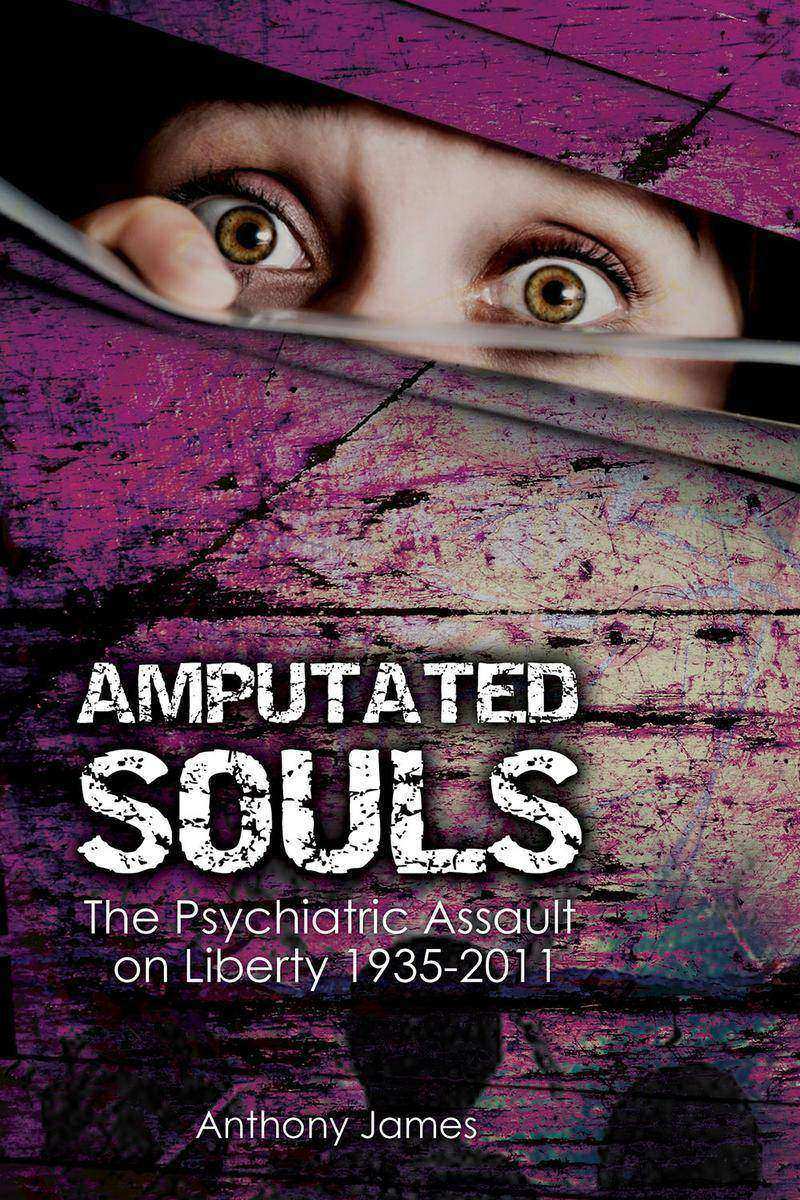
Amputated Souls
¥73.48
Amputated Souls explores the subject of psychiatry and psychiatric practices and the assault upon human rights and human freedom constituted by these practices, tracing the history of lobotomy, ECT and antipsychotic drugs, and their use, from 1935 to the present day.
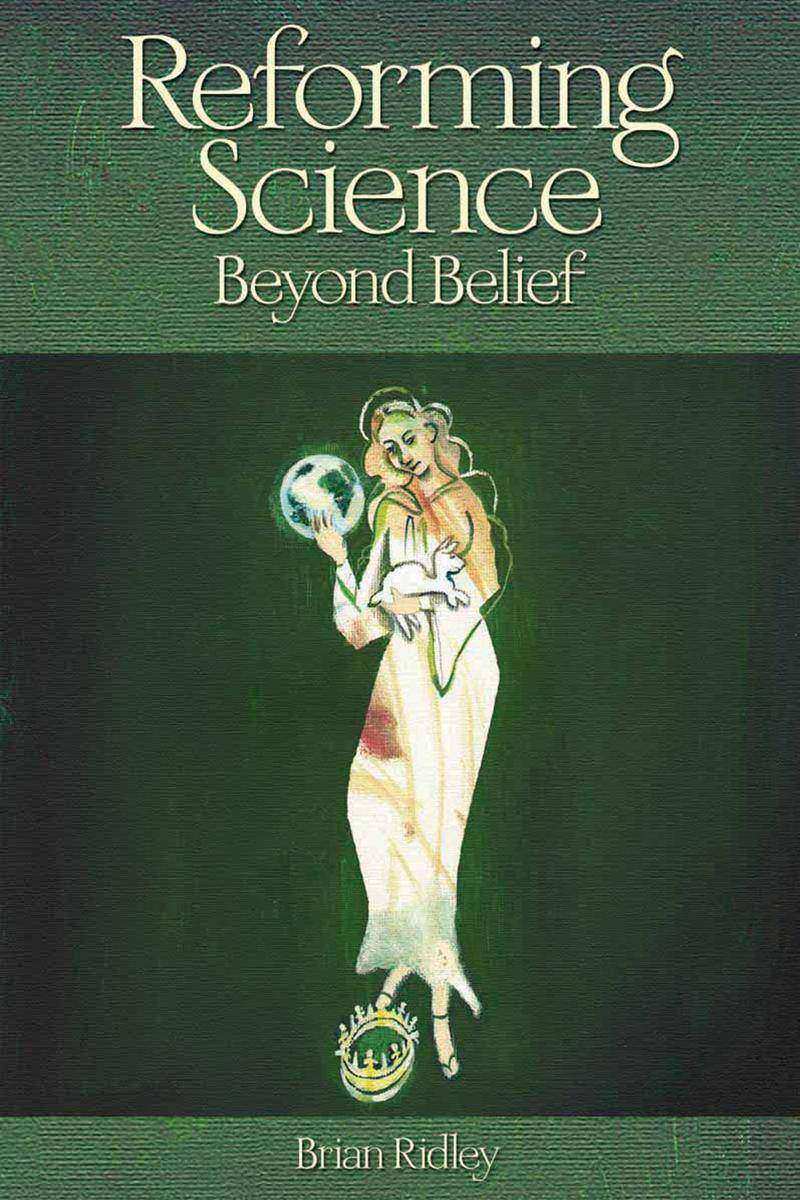
Reforming Science
¥107.81
In the 17th century Sir Francis Bacon advocated the patient study of Nature for the benefit of mankind. Most of science today, in its study of medicine, genetics, electronics etc., continues that pragmatic Baconian tradition without fuss. Over the years, however, as its investigation of Nature probed ever deeper into regions far removed from common experience, science has increasingly exhibited traits more usually associated with fundamentalist religion that with dispassionate study. Articulate voices from biology preach the belief in 18th century materialism in the study of evolution; those from physics promulgate a kind of mathematical theology in its study of elementary particles and cosmology; both inveigh against heresy. But science should be beyond that sort of belief. It should not see its undoubted success in manipulating matter as justifying any sort of religious status, as offering a spiritual foundation alternative to religion. As a scientist himself, Brian Ridley is appalled by such theological trends, hence this book. It is an attempt to address these concerns, to reform science, to place science in its broad historical and philosophical context where dogmatic belief has no place, to remind science itself that it has limitations.

On Being Someone
¥107.81
This book continues the discussions in "e;What a piece of work: on being human"e; (Imprint Academic 2006) and may be considered its sequel.Among all the creatures in the physical universe, humans seem to be more than simply physical, because they are aware of being creatures in the universe. Human beings essentially belong to the world of nature, yet stand out as the most complex and fascinating of all living beings. Like and also unlike other animals, they respond to what happens to them; they make plans and carry them out; they recognize one another, sometimes lovingly; they make friends and enjoy their company; they shape the world around them for convenience and for delight; they ask questions both practical and theoretical; and many of them try to praise God. In What a Piece of Work, Helen Oppenheimer considered humankind as part of the natural universe which Christians believe God set in motion, asking how human beings stand among other creatures and how they are to be valued. In this volume she leaves aside comparisons with our fellow creatures in order to attend to our own experience. It makes a good start to think of oneself as a human animal, but then we need to go further and ask what does it mean to be a person, to be counted as someone?
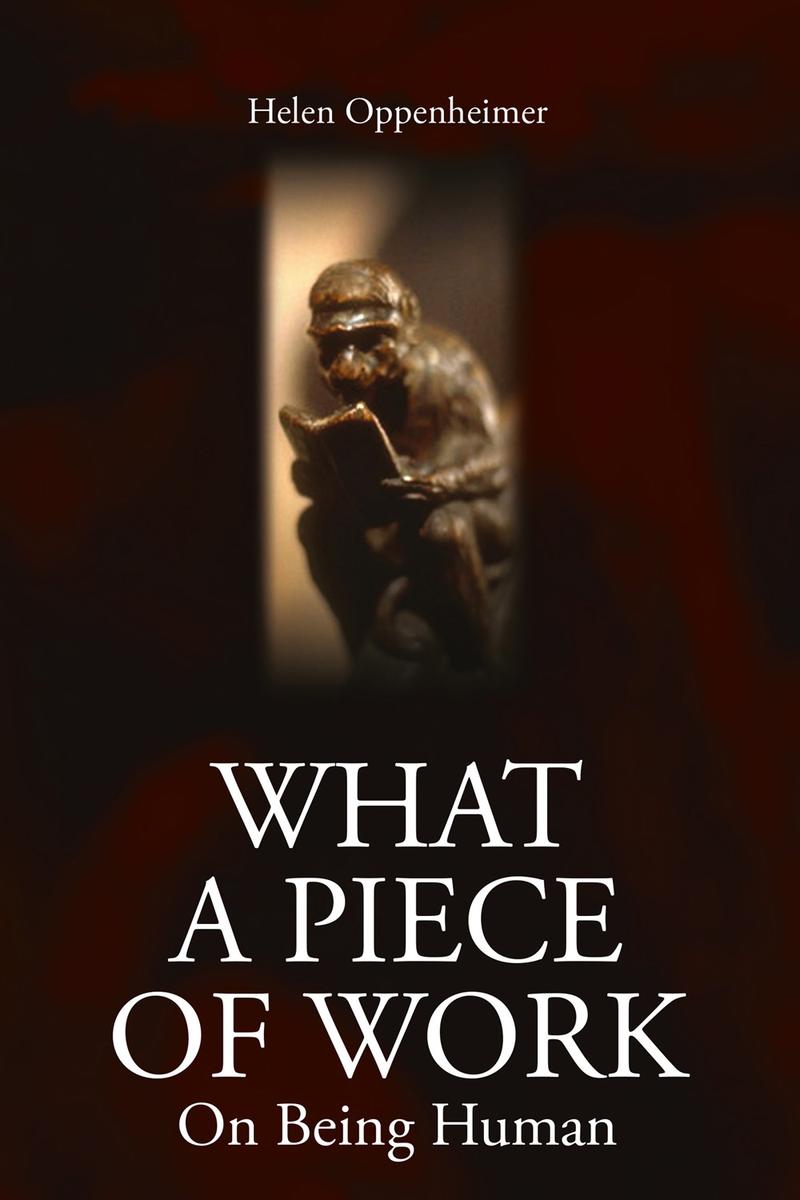
What a Piece of Work
¥63.67
This is a small book on a large subject: What is special about human beings? Hamlet mused, 'What a piece of work is man! How noble in reason! how like a god!' but went on to speak of 'this quintessence of dust'. Helen Oppenheimer prefers to start with the dust and move to the glory: we really are animals - and from these animals has come Shakespeare. People are indeed 'miserable sinners' - and also magnificent creatures.The author does not disguise that she is a Christian theologian whose subject is ethics, but she writes equally for non-Christians. Her invitation to the reader is: Here is a way of looking at things that I find exciting and convincing - I hope you do too.
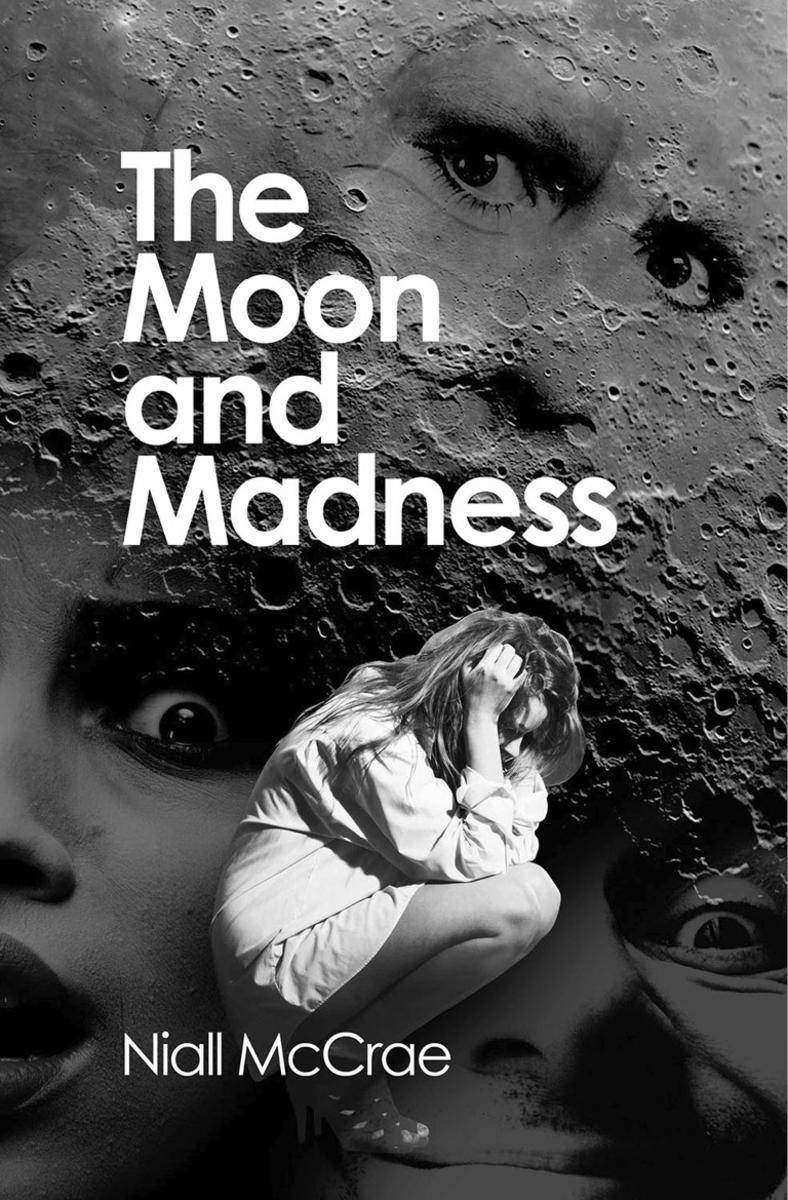
Moon and Madness
¥132.34
Lunacy, the legendary notion of minds unhinged by the moon, continues to captivate the popular imagination. Although it violates the assumptions of modern science and psychiatry, such belief remains common among mental health workers. Furthermore, several studies have found a small, unexplained correlation between behaviour and the lunar cycle. The book is divided into two parts. It begins with a historical account of the lunacy concept, followed by an investigation of hypothetical mechanisms for a lunar effect.
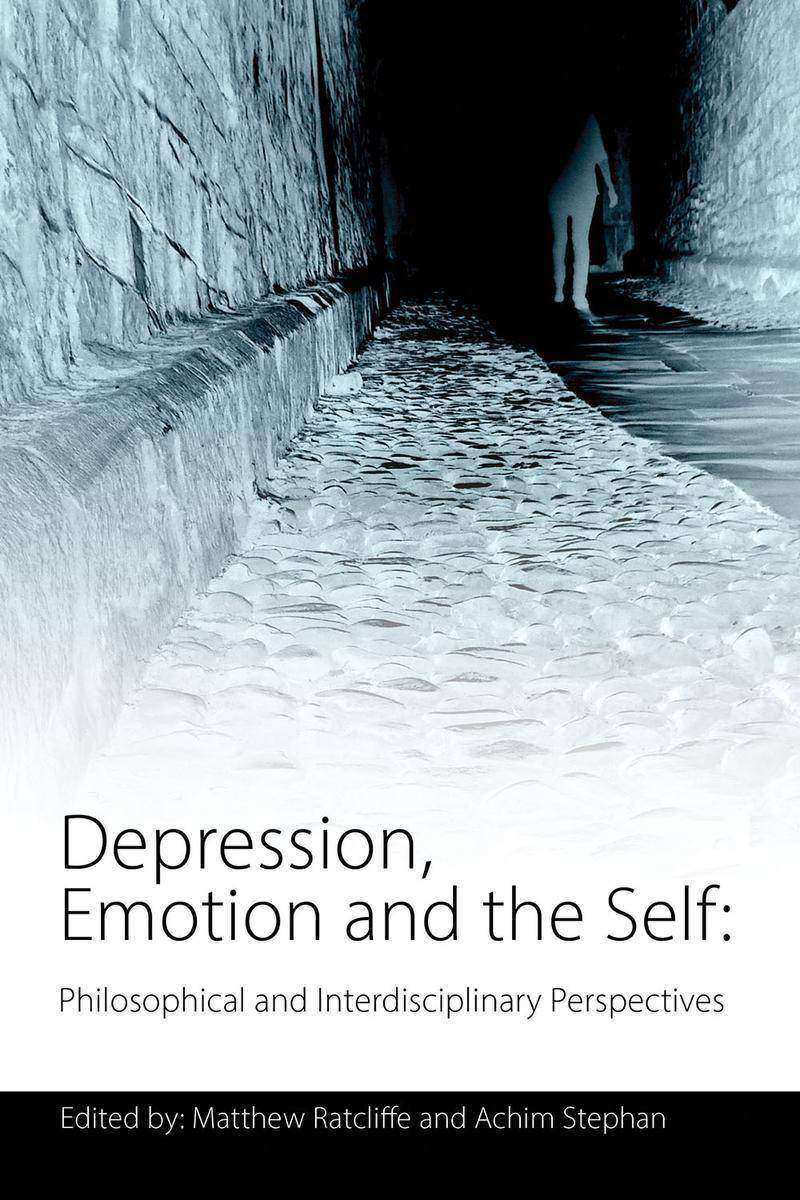
Depression, Emotion and the Self
¥147.05
This volume addresses the question of what it is like to be depressed. Despite the vast amount of research that has been conducted into the causes and treatment of depression, the experience of depression remains poorly understood. Indeed, many depression memoirs state that the experience is impossible for others to understand. However, it is at least clear that changes in emotion, mood, and bodily feeling are central to all forms of depression, and these are the book's principal focus. In recent years, there has been a great deal of valuable philosophical and interdisciplinary research on the emotions, complemented by new developments in philosophy of psychiatry and scientifically-informed phenomenology. The book draws on all these areas, in order to offer a range of novel insights into the nature of depression experiences. To do so, it brings together a distinguished group of philosophers, psychiatrists, anthropologists, clinical psychologists and neuroscientists, all of whom have made important contributions to current research on emotion and/or psychiatric illness.

General Will in Political Philosophy
¥147.05
This book deals with the role and place of the general will in modern and contemporary political thought. This project is carried out at the crossroads of the history of ideas and political philosophy. It extensively develops historical and philosophical themes, showing modifications to the idea of the general will in the writings of thinkers who sometimes represent very distant epochs. The author tracks down the birth and the development of the idea of the general will in ancient, medieval, modern and contemporary times, devoting most of the book to the thoughts of Jean Jacques Rousseau and nineteenth and twentieth century British idealists.
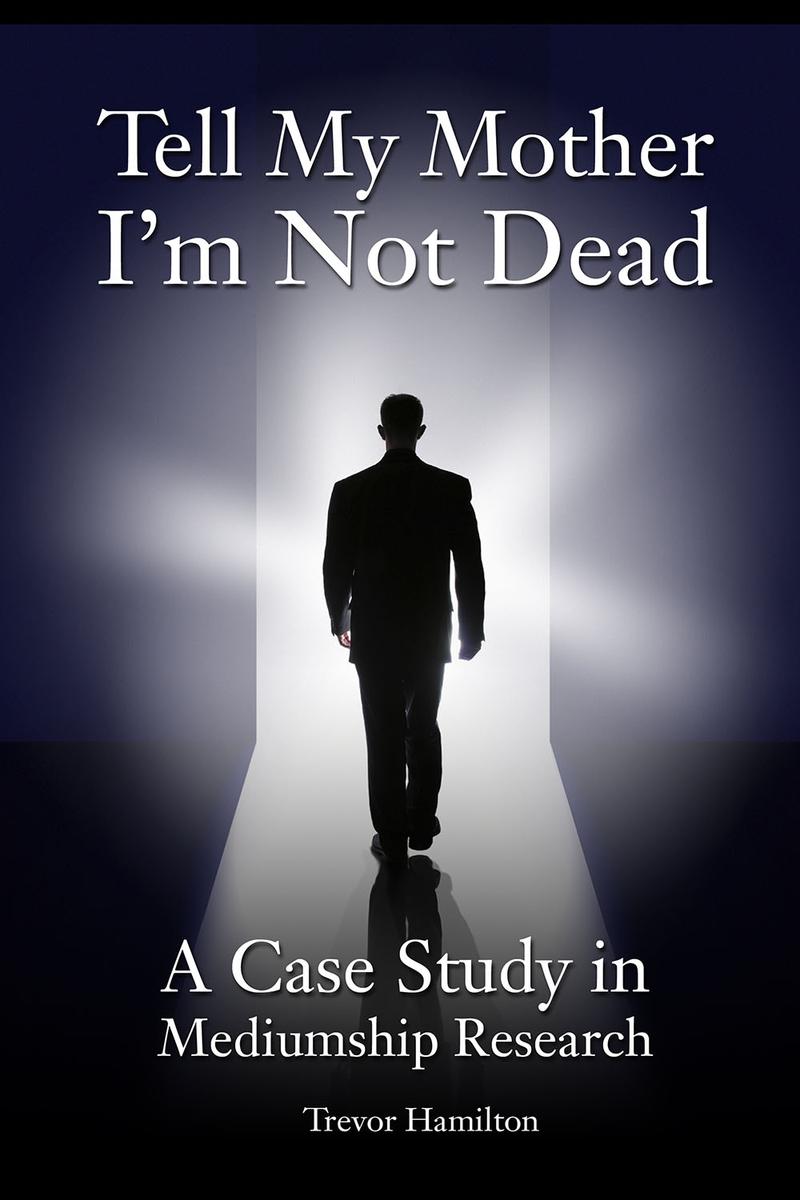
Tell My Mother I'm Not Dead
¥63.67
This book divides into two parts. The first is a personal narrative of the impact of the death of the author's son Ralph on him and his family and his efforts to see if there was any evidence for his continued existence (generated largely through visits to mediums) that a thinking person could take seriously. The second is an attempt to evaluate that evidence objectively (based on an extensive survey of current and past scientific research in the UK and the USA). The title reflects the inevitable tension between emotion and intellect in such an enquiry.
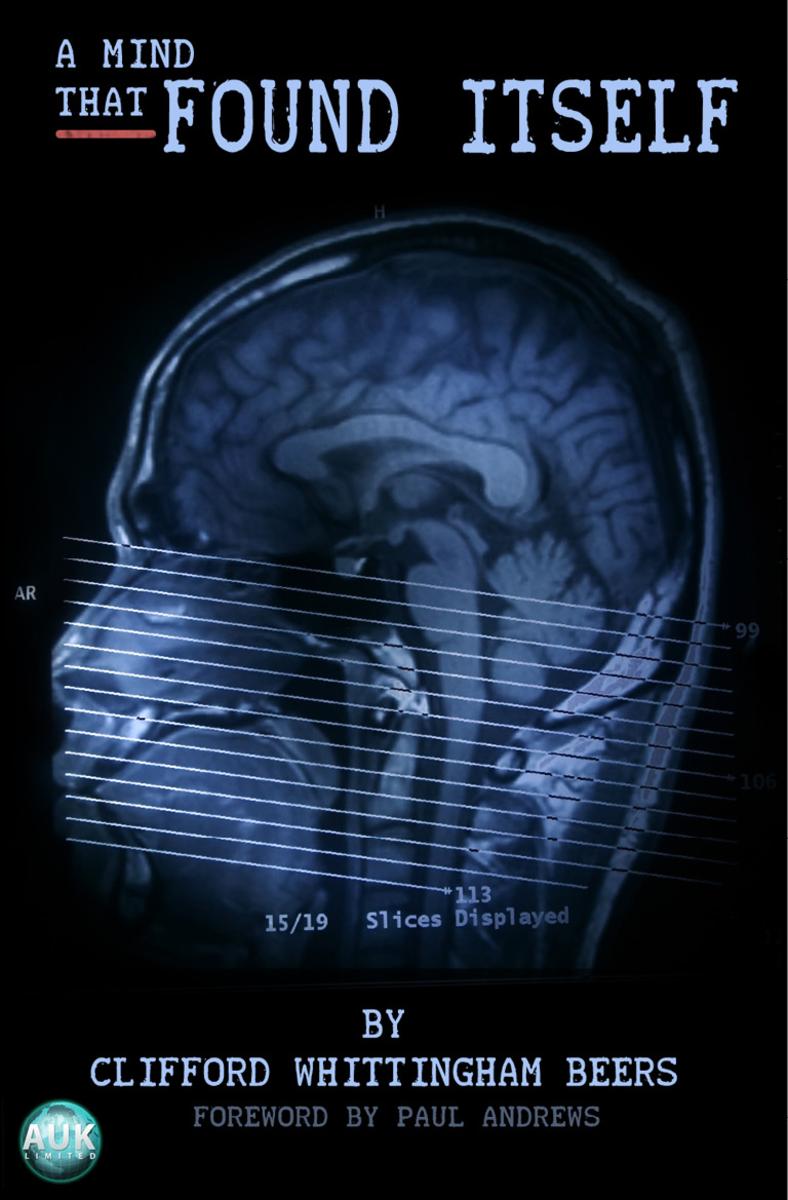
Mind That Found Itself
¥19.52
An autobiographical account of his confinement in a mental institution of the time, by Clifford Whittingham Beers.
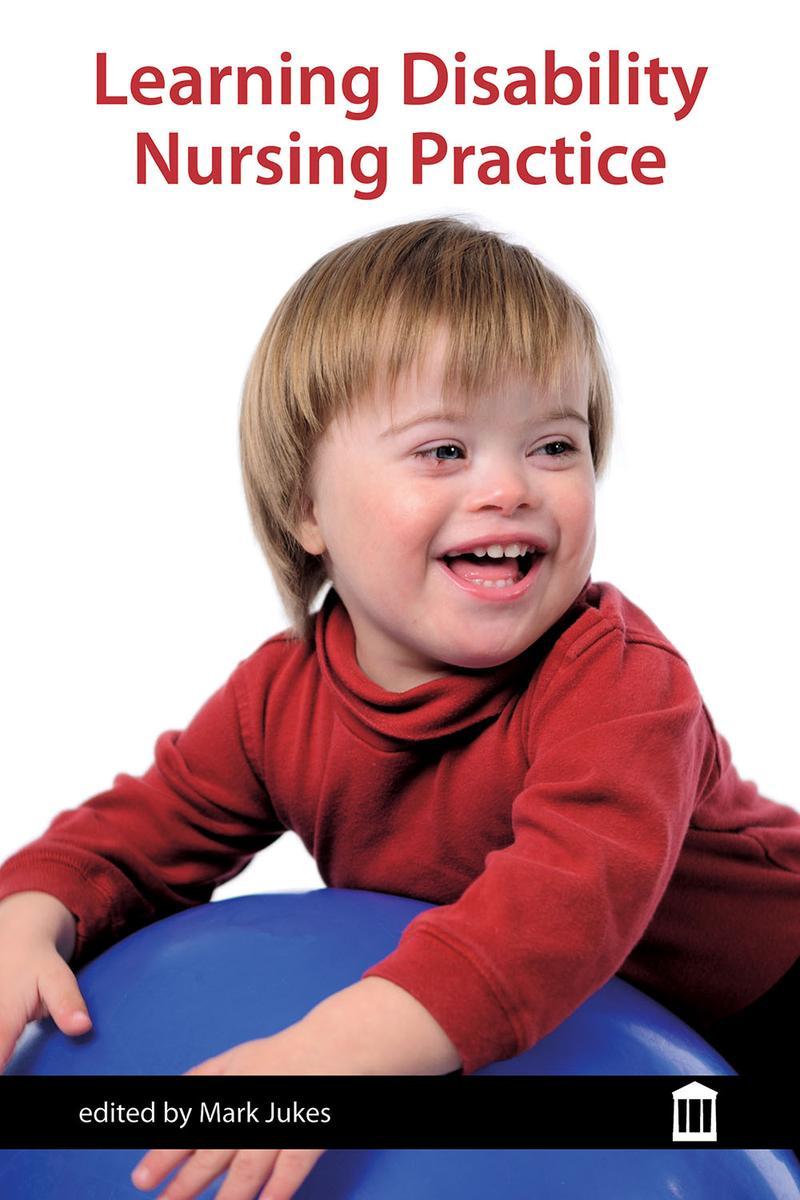
Learning Disability Nursing Practice
¥294.20
This text encapsulates not only the origins of nursing in the learning disability field but also contemporary perspectives and areas for specialist nursing practice. The book is divided into four sections: origins, perspectives, practice, and further perspectives. Section one (origins) describes Great Barr Colony and explores the conceptions of practice of actual attendants and nurses who worked there. It gives readers an in-depth focus on aspects of work and practice not accounted for in the literature to date. Section two (perspectives) explores social policy perspectives from the past eras of the workhouse, the colony and the hospital, through to the present age of citizenship. Research in learning disability nursing practice is identifi ed through scoping exercises to identify its current status. The section questions the research and practice developments that have come of age and that constitute a challenge within an evidence-based health and social care world. Section three (practice) identifi es a wide range of specialist areas of nursing practice, including community learning disability nursing, epilepsy, forensics, health facilitation, autism, mental health, challenging behaviour, children s services and working with people with profound and multiple learning disabilities. Section four (further perspectives) addresses areas of contemporary and future concern, namely, educational curricula for nurses and the importance of inter-professional education and practice development.
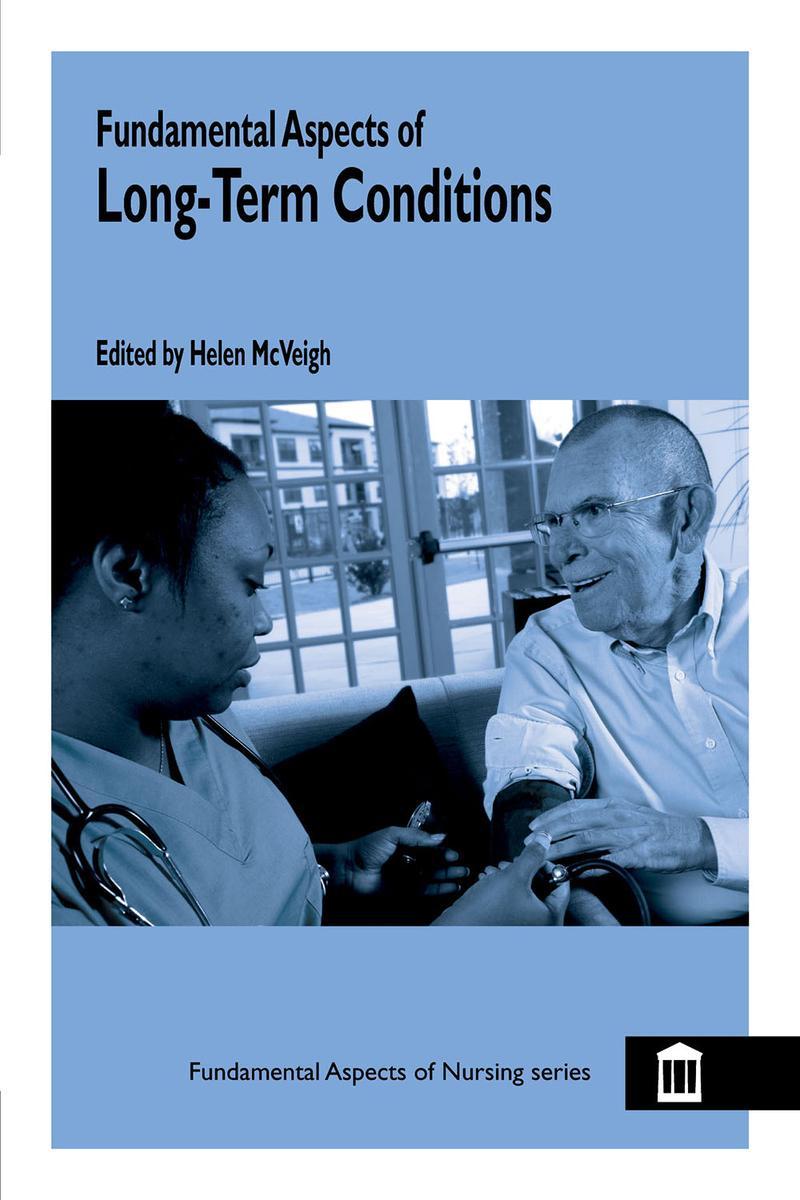
Fundamental Aspects of Long Term Conditions
¥186.29
Underpinned by relevant epidemiology, demography and policy, this book explores the management of long-term conditions. It discusses communication and multidisciplinary working, including discussion of the student nurse's role. Each chapter includes learning points and uses a questioning/reflective approach, which draws on the reader's own experiences.

Essential Practice for Healthcare Assistants
¥220.63
This book is specifically aimed at healthcare assistants, and is a comprehensive text covering all aspects of care of the patient.It is written by healthcare assistants and cover the a wide range of topics:* Safety issues* Basic patient and residential care* Special care* Mental health* Learning disabilities* Paediatrics* Women and maternity* Men's care* Caring for carers* Home health care* Lifting and moving patients* Death and dying.
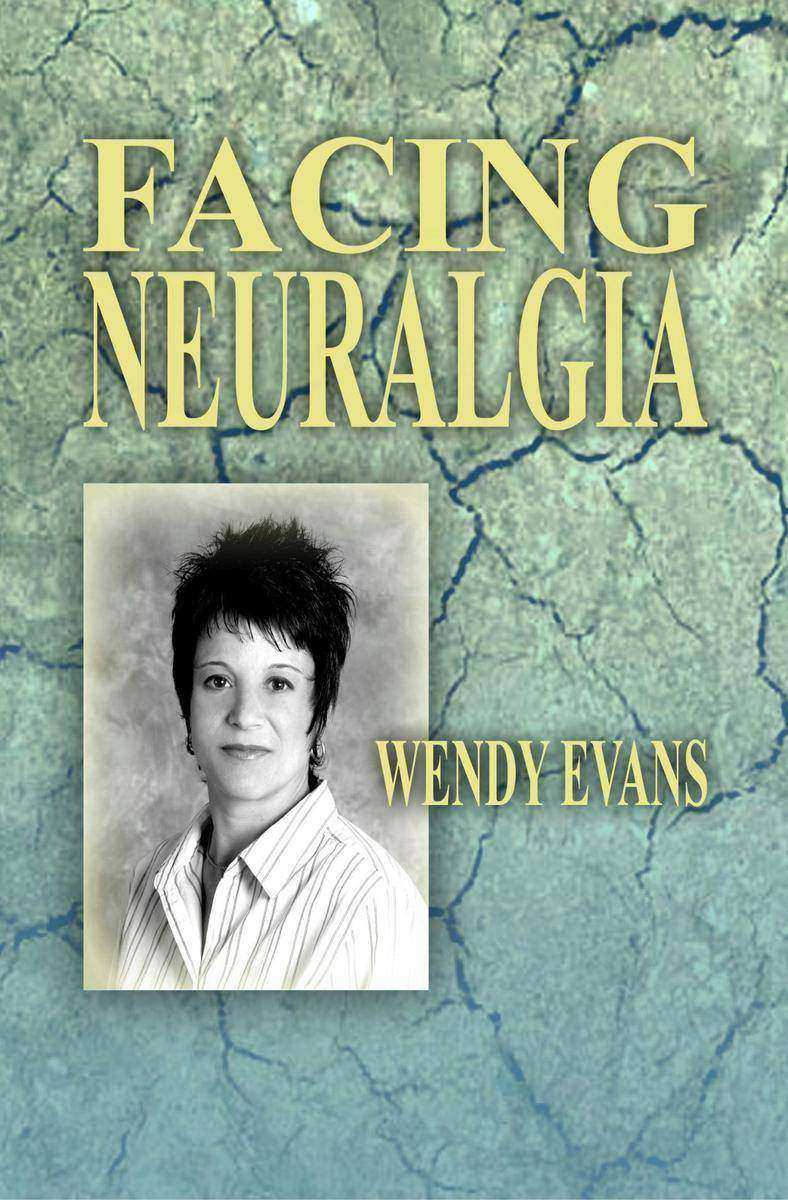
Facing Neuralgia
¥39.14
At the age of thirty Wendy Evans, a vivacious, versatile and devoted primary school teacher with singing and acting talents, was struck down by a devastating and very rare nerve disease with serious and debilitating symptoms including pain and foreign body sensations in her throat, shock-like pains in her ears and neck, and difficulty and pain when talking, swallowing, chewing, coughing and yawning. As a consequence, her teaching career and singing aspirations were tragically cut short. Frustratingly, despite numerous doctors' and consultants' appointments, and innumerable tests and scans, the medical profession seemed unable to diagnose her problem, to the point that it was viewed as purely psychosomatic and she was seen as a paranoid malingerer suffering from stress and depression and whose problems would be best served by a psychiatrist and a concoction of drugs. But Wendy knew different and was determined to obtain a definitive diagnosis for her condition, which was making her life increasingly unbearable. Wendy's book takes you on a journey from the onset of the illness, through the following 18 months of searching for the cause of her terrible disease and developing an understanding of her disorder, until she finally received a diagnosis of glossopharyngeal neuralgia and underwent brain surgery. When this did not prove to be the cure, she began to look at alternative therapies as a possible way of managing the disease and has finally mapped out a brighter future for herself, regaining control of her life through treatments such as the Bowen technique, craniosacral therapy, energy healing and remedial massage therapies.
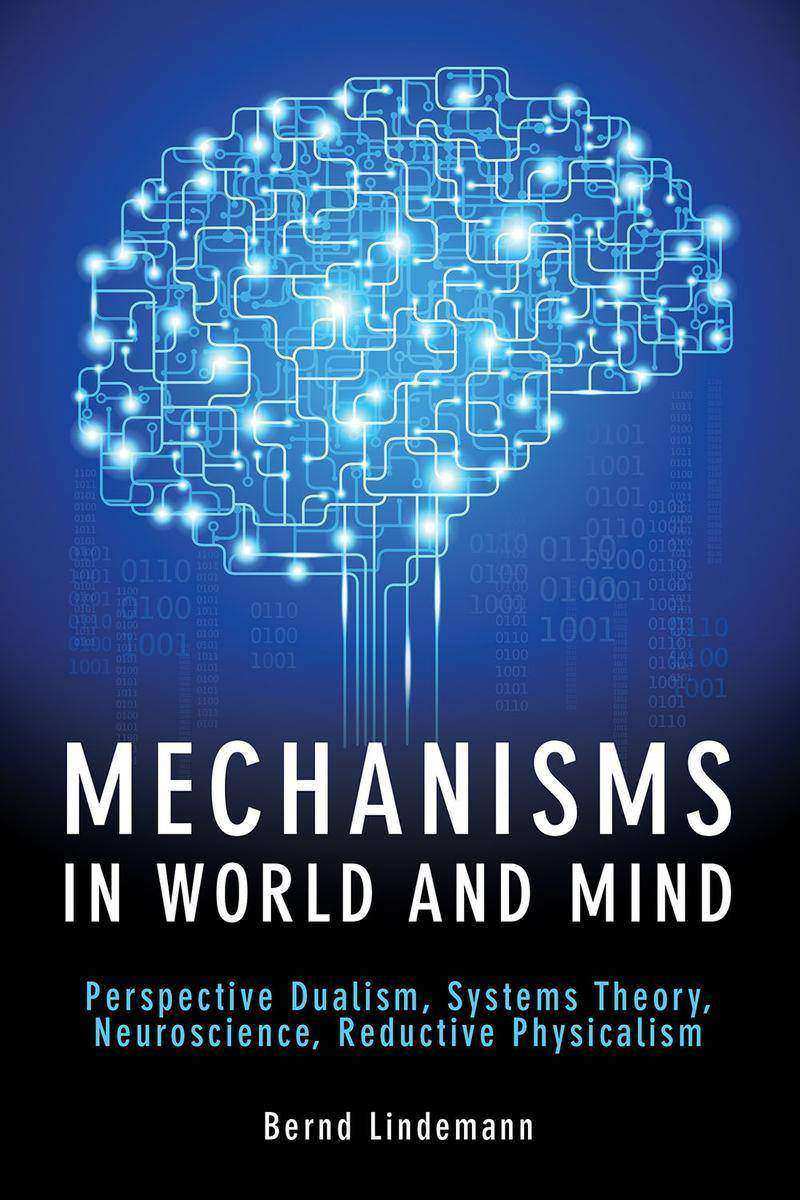
Mechanisms in World and Mind
¥73.48
The topic of the reduction of mental processes to biophysical mechanisms touches at the core of the mind-body problem, a puzzle in the philosophy of mind since the days of Descartes. This book is about philosophical aspects of neuroscience, centred on perspective dualism. The topic unfolds in the discussion of mechanisms in world and mind. Neuronal mechanisms of differing complexity are described in a general way. It is shown how models of such mechanisms may be classified and assigned to levels of systems theory. Reduction strategies are applied to processes of life, mind, and consciousness. The aim is physicalistic, to explore if and how the mental may be understood in terms of biophysics and its mechanisms.
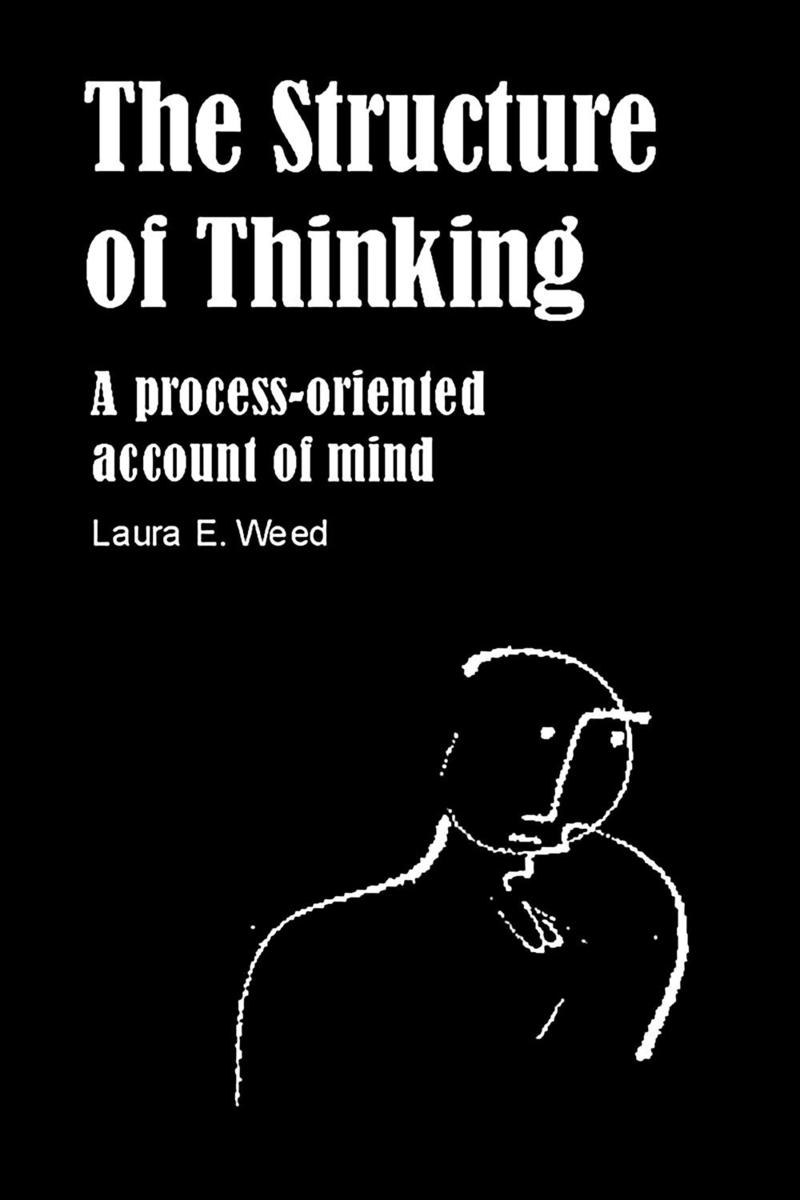
Structure of Thinking
¥220.63
Analytic philosophers and cognitive scientists have long argued that the mind is a computer-like syntactical engine, and that all human mental capacities can be described as digital computational processes. This book presents an alternative, naturalistic view of human thinking, arguing that computers are merely sophisticated machines. Computers are only simulating thought when they crunch symbols, not thinking. Human cognition - semantics, de re reference, indexicals, meaning and causation - are all rooted in human experience and life. Without life and experience, these elements of discourse and knowledge refer to nothing. And without these elements of discourse and knowledge, syntax is vacant structure, not thinking.
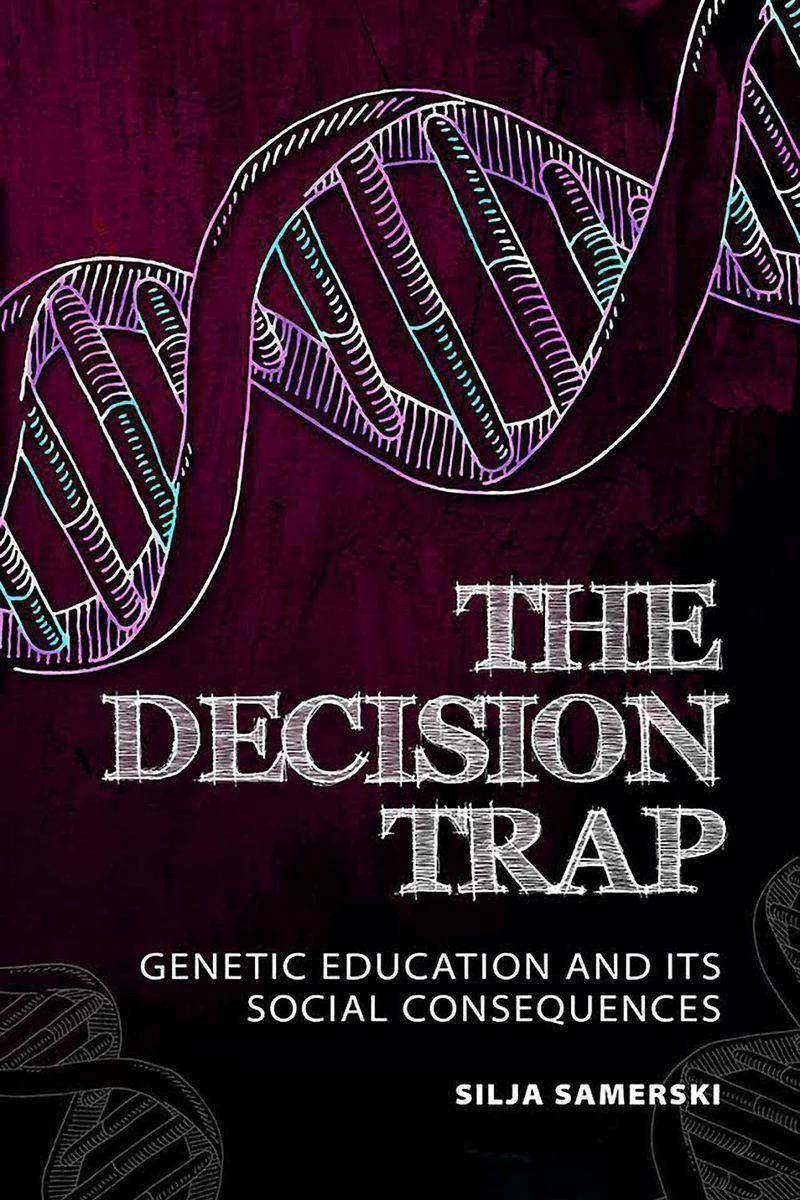
Decision Trap
¥107.81
The Decision Trap questions a dogma of our time: the assumption that genetic education empowers citizens and increases their autonomy. It argues that professional instructions about genes, genetic risks, and genetic test options convey a genetic worldview which destroys self-confidence and makes clients dependent on genetic experts and technologies. Part one of the book introduces the reader to the idea of genetic education. It clarifies the notion of the "e;gene"e; as it is commonly understood, and shows that, scientifically, the concept of genes as definable, causal agents is outdated. Part two of the book investigates the hidden curriculum of genetic education, using genetic counselling as a prime example. Genetic counselling is a professional service that aims to enable clients to make autonomous decisions about genetic test options and cope with the results.
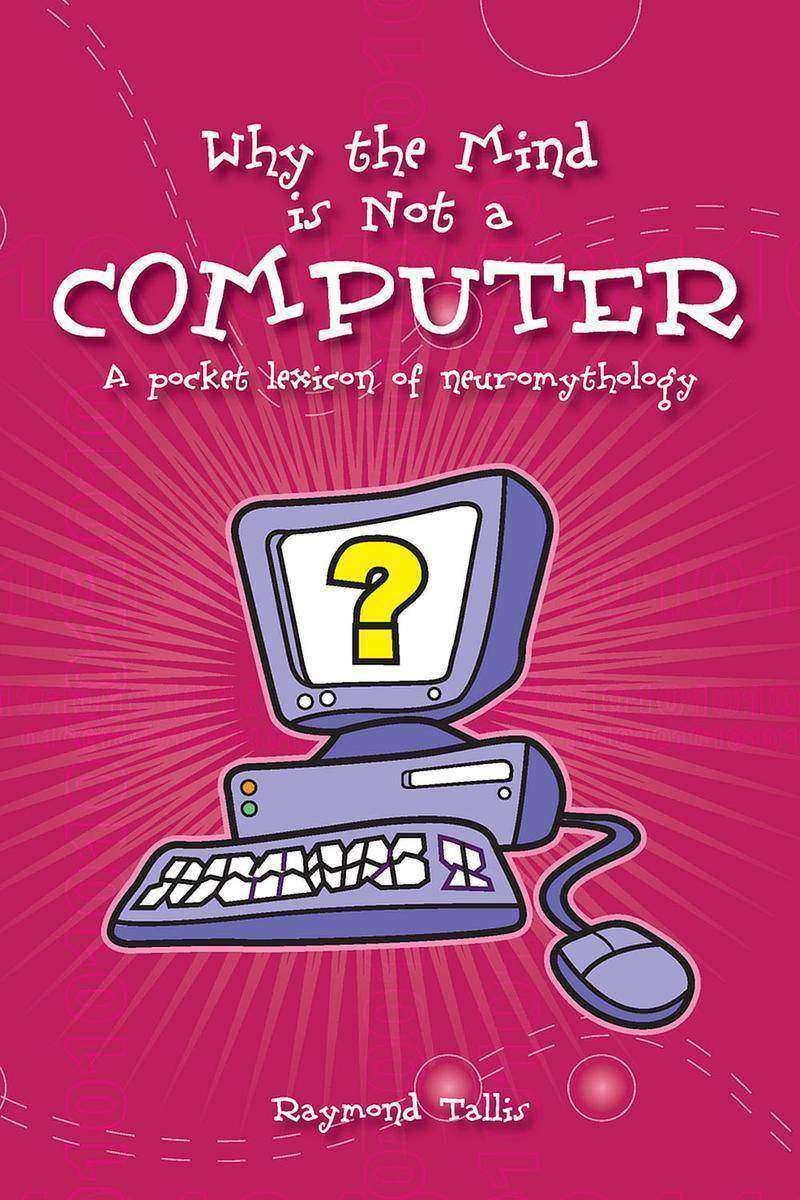
Why the Mind Is Not a Computer
¥63.67
The equation "e;Mind = Machine"e; is false. This pocket lexicon of "e;neuromythology"e; shows why. Taking a series of key words such as calculation, language, information and memory, Professor Tallis shows how their misuse has a lured a whole generation into accepting the computational model of the mind.First of all these words were used literally in the description of the human mind. Then computer scientists applied them metaphorically to the workings of their machines. And finally, their metaphorical status forgotten, the use of the terms was called as evidence of artificial intelligence in machines and the computational nature of conscious thought.




 购物车
购物车 个人中心
个人中心



